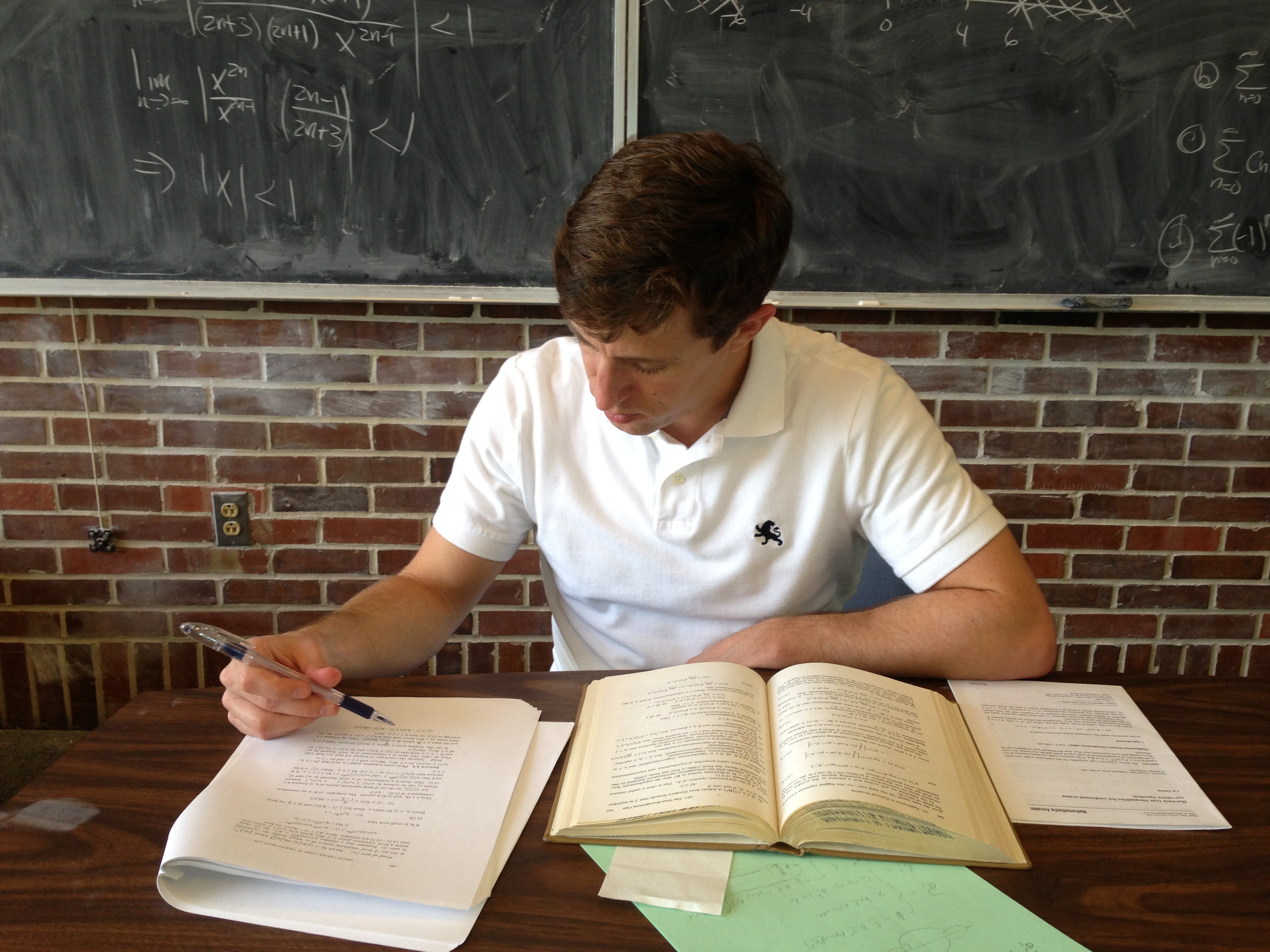Alisa Russell is a Master’s student in the Teaching Writing and Literature program at George Mason University. She works as an administrator in the Writing Center, a research assistant for Writing Across the Curriculum, and a teaching assistant for First Year Composition. Her current research interests include the Writing About Writing movement in composition theory/pedagogy and Writing Center training and strategies for working with multilingual writers. You can reach her at [email protected].
Whenever we assign writing assignments in our classrooms, we often peripherally acknowledge that the Writing Center is a viable option for our students to work with a tutor toward improvement. However, students may not fully understand the extensive options that the Writing Center provides for them. After scrambling for an appointment or not making one at all, the student may bring in a near-final draft for a quick check mere hours before the due date, which fosters little learning and room for growth. Instead, as the instructor and grader of your students’ work, you can steer your students toward when and how they should be using the Writing Center even more convincingly than our website or bulletin boards. Teaching your students when and how to use the Writing Center will not only provide more opportunities for your students to engage in transferable learning, but it will also lead to more fully developed and reviewed writing assignments.



